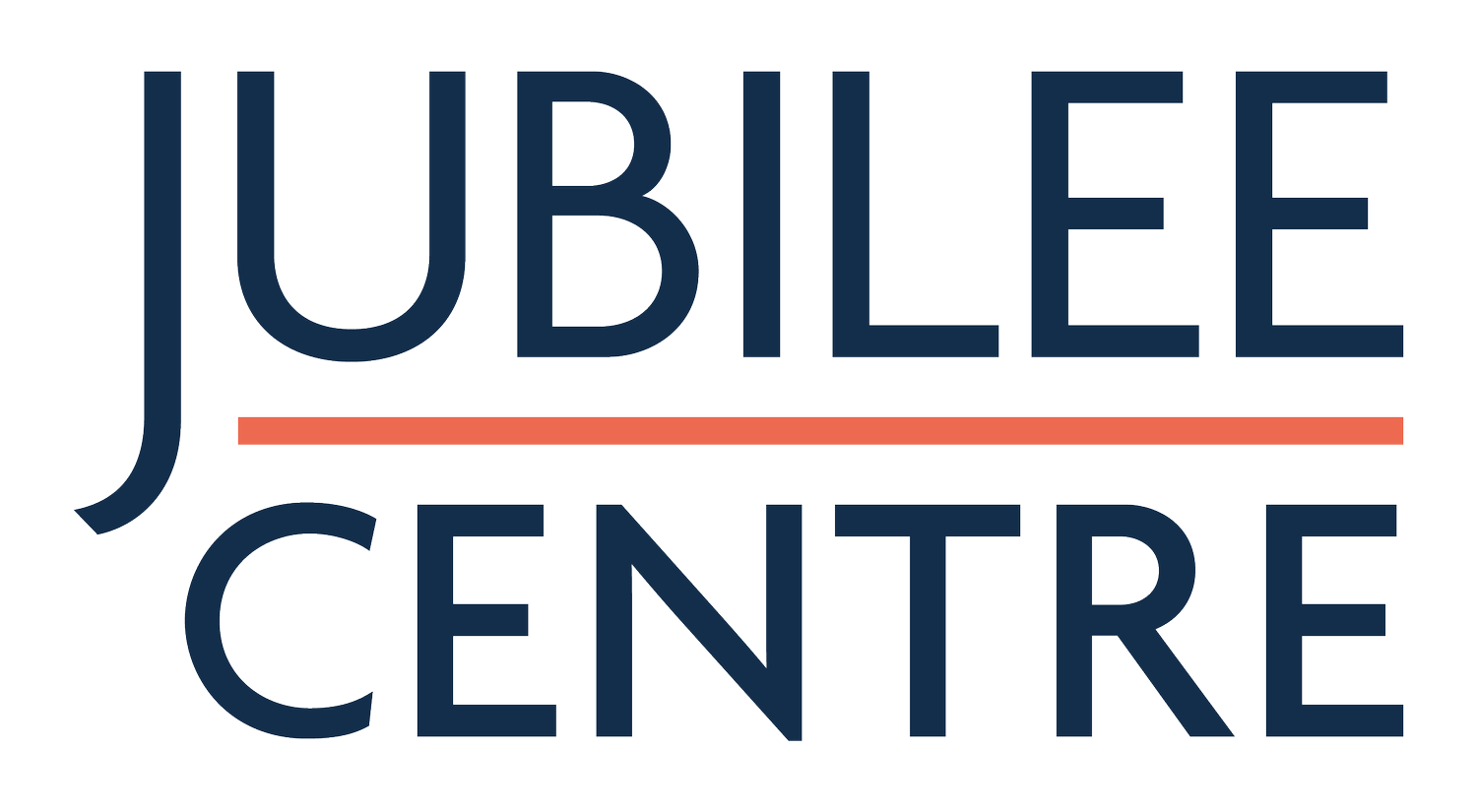‘It is more blessed to give than to receive.’
by Paul Mills
While life in Christ is always a walk of faith, it is reassuring when a new discovery aligns with biblical teaching. This often comes in the form of a recent archaeological finding that confirms an historical event recorded in Scripture, or a discovery in the natural world that demonstrates its clear design by an intelligent Creator rather than appearance by random chance.
Of late, many of these reassurances have come through the realisation of the health benefits of living the Christian life – be it through faithful marriage, belonging to a community and maintaining friendships, prayer, fasting or even singing. Hence, it came as less of a surprise than it might that medical researchers are discovering the physical1 health benefits of kindness and generosity.
As highlighted in the recent BBC Radio 4 programme ‘Just One Thing’2 with Dr Michael Moseley, researchers have found that acts of kindness and generosity are associated with:
Improved mood, through triggering the striatum in the brain;
Reduced sensations of pain (e.g. blood donors feel less pain than those having blood extracted just for tests, even with a larger needle!); and
Improved immune responses and reductions in chronic inflammation (that is otherwise associated with most major disease categories including heart disease, cancer and depression).
As a result, researchers found that, over an ongoing 23-year study period, those subjects who give more generously have significantly longer life expectancy. In the programme, Dr Tristan Inagaki (San Diego State University) even prescribed three acts of generosity a week to boost one’s physical health.
This realisation, of course, gives even greater depth to Jesus’ teaching that “It is more blessed to give than to receive” (Acts 20:35).3 On the surface, this adage is absurd – surely it is the recipient of a gift who gains from it, while the donor bears all the cost? The Christian demurs however. From Jesus’ teachings in the gospels, we know that the giver’s blessing is primarily that to be enjoyed in eternity through the accumulation of ‘treasure in heaven’ (e.g. Matthew 6:20; 19:21) the blessings of which will infinitely outweigh the cost of the gift in this world. But even in this life, we know that those who are generous will likely benefit from deeper relationships with family, friends and neighbours in the future and potentially from reciprocal favours when in need (e.g. Psalm 37:25-26; 41:1-3). Hence, it is unsurprising that God blesses those who give through their enriched relationships.
The recent medical findings now add an extra dimension to understanding the giver’s blessing. Our Creator has built into our physiologies various mechanisms that will prosper
those who give and are kind through improved mood, lower stress, reduced pain and diminished disease. Truly, it is more blessed to give than to receive.
February 2024
[1] Giving has long been associated with mental health and is advocated for wellbeing even within a secular context (e.g. https://health-in-mind.org.uk/resources/5-ways-to-wellbeing/ ).
[2] First aired 10/1/2024. https://www.bbc.co.uk/sounds/play/m001v3j8
[3] Similar statements from the Old Testament include Deuteronomy 15:10 and Proverbs 11:25.
The views and opinions expressed above are those of the author alone and do not necessarily reflect those of the Jubilee Centre or its trustees.

